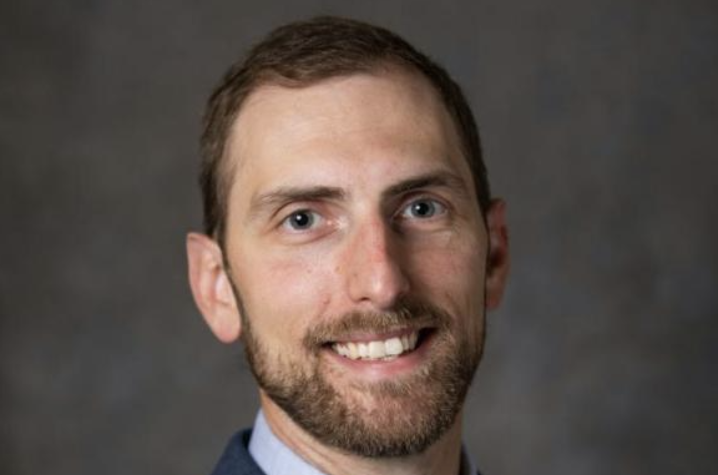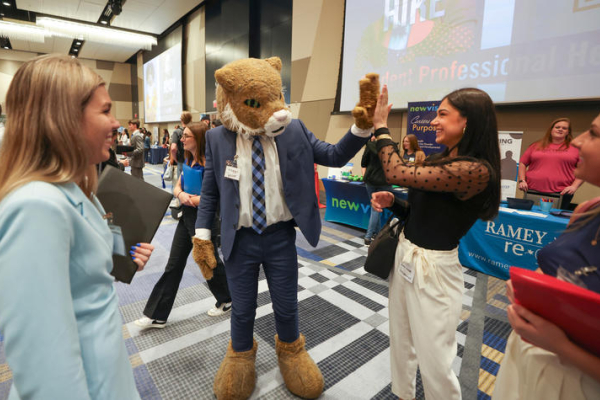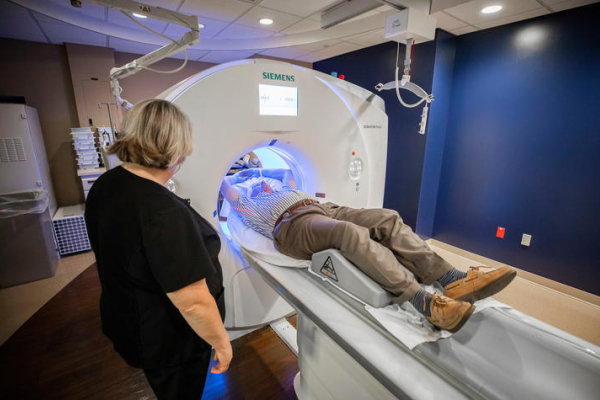SMRI researchers to study Air Force health demands with $3.4M grant

A researcher from the University of Kentucky College of Health Sciences Sports Medicine Research Institute (SMRI) was awarded a $3.4 million grant from the Air Force Research Laboratory (AFRL) to study the health demands of special tactics to support airmen and create a plan to reduce their risk of job-related injuries.
The goal of this research is to provide the U.S. Air Force (USAF) and Air Force Special Operations Command (AFSOC) with a better picture of the status of special tactics support personnel — uniquely skilled in commanding and controlling operations integrating air and ground capabilities, often necessary in special operations.
The research, led by Nicholas Heebner, Ph.D., SMRI executive associate director, will develop occupational task analyses, physical assessment and intervention selection framework to enable AFSOC and USAF commands to quantify the physical capacities required for specific occupational specialties that would be needed to inform physical readiness standards and develop military occupational specialties-specific physical readiness training program tailored for these warfighters.
“A lot of research has been done on the special operations operator, but their support personnel can take on more demanding roles and tempo than their conventional forces counterparts,” Heebner said. “This is also our first time working with the Air Force Research Laboratory. Gaining new partnerships and collaborations is always exciting.
“We will also be developing an occupational demand screening framework that we hope will be a useful tool for military commands and health care teams to quantify job task demands and develop injury prevention and occupational task performance enhancement solutions,” he continued.
The study hopes to create and improve information and resources for service members and their health care providers, which would improve warfighter health, performance and resilience.
The project is scheduled to begin in the spring, Heebner said.
Scott Lephart, Ph.D., UK College of Health Sciences dean, cites this research as a prime example of how the college continues to help the people of the Commonwealth of Kentucky and beyond attain the highest level of health possible.
“Once again, our researchers are helping to make the world a better place,” Lephart said. “By studying how we can better help these special tactics support airmen, it is no exaggeration to say that this research will help make Americans even more safe. It is the very definition of our mission. We are proud to be leading such an important initiative.”
Research reported in this publication was supported by the Air Force Research Laboratory of the U.S. Air Force under Award Number FA8650-23-2-6504. The content is solely the responsibility of the authors and does not necessarily represent the official views of the Air Force Research Laboratory or the U.S. Air Force.
Credits
Ryan Clark (Public Relations & Strategic Communication)

